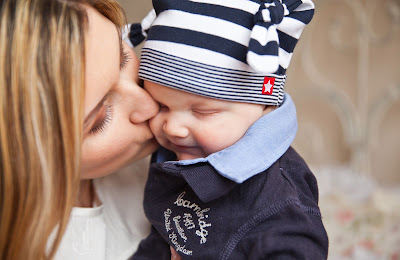{We hear a lot about executive functioning skills in the parenting world. What are they and how can we help our children develop them?}
My five-year-old just learned how to play the card game Uno. When I first brought it home, he didn’t want to play it because by the looks of it, he thought it was too hard. I knew he could handle it, so I persisted. He mastered it quickly. However, now he wants to play it ALL THE TIME…as in most of the hours he’s not at school.
Tis the life of parents, right? Most parents I know repeatedly (like hundreds of times) play the same board game or help their child with puzzles. This is the daily “stuff” of parenting and you may feel it doesn’t make a difference. We all find this a bit annoying, but research now tells us that these simple playtime sessions are actually doing wonders for our kids’ brains.
This post contains affiliate links. Purchasing through these links helps support this blog at no added cost to you.
What Are Executive Functioning Skills?
You’ve probably heard about executive functioning skills and their importance from teachers or parenting books. Up until a few years ago, the term was pretty much only seen in academic journals so it’s encouraging that it’s making its way into popular parenting culture.
Simply put, executive functioning skills are all those things that help kids control their emotions, their behavior, and their attention in order to learn and function well in the world. They include things like:
- Focus and Self Control
- Perspective Taking (e.g., empathy)
- Communicating
- Making Connections
- Critical Thinking
- Taking on Challenges
- Self-Directed, Engaged Learning
There are many other skills that could fall into this category. These are the skills our kids need to thrive and be successful in school and life. One author and leader in research on executive functioning skills, Ellen Galinsky, calls these the 7 Essential Life Skills.

How Parents Foster Executive Functioning
A recent study from the University of Montreal and the University of Minnesota shows that how parents interact with young children helps them develop these crucial cognitive skills. Here’s a brief overview of the study:
– researchers studied 80 pairs of moms and their one-year-old children
– the study focused on how moms interacted with their children in tasks such as playing games or putting together puzzles
– the researchers examined how these interactions predicted children’s “advanced cognitive functions”–those are things like controlling impulses, remembering things and having mental flexibility
It turns out that how moms interact with their children in these tasks help the child develop these important cognitive skills.
Children whose moms who interacted in the following ways had better cognitive skills at 18-26 months:
– provided guidance and scaffolding in tasks that were difficult for the child but did not take over the do the task for him/her
– followed the child lead and pace in completing the task or playing the game
– used a warm and sensitive tone when interacting with the child
One of the most important findings of the study was that these types of interactions helped support the child’s autonomous behavior–that is, the child learns to do activities on their own. This is crucial because autonomy helps the child develop a sense of self and accomplishment.
You may also enjoy: Social-Emotional Development: The Ultimate Guide for Parents
So parents if you had any doubt that the little things you do everyday matter, worry no more. All those moments of guidance and support really do help your child become an independent, competent youngster.
Need more ideas for fun ways to foster executive functioning skills in your child?
See this post: Fun and Effective Executive Functioning Activities for Preschoolers {printable}
Others articles you might enjoy:
Child Development Bookshelf: Essential Reading for Parents and Kids
The Hidden Way that Kids Learn Empathy (and how Parents Can Help)
3 Top Tips for Raising a Kind Child: Realistic Ideas for Parents
For another commentary on this study click here.
Related Resources:

Bernier, A., Carlson, S., & Whipple, N. (2010). From External Regulation to Self-Regulation: Early Parenting Precursors of Young Children’s Executive Functioning Child Development, 81 (1), 326-339 DOI: 10.1111/j.1467-8624.2009.01397.x








Leave a Reply